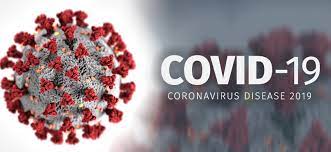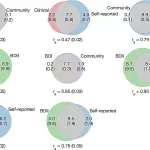A new project is underway at Maisonneuve-Rosemont Hospital in Montreal to evaluate how VR and hypnosis can help lessen the emotional distress of patients who have blood cancer.
The project is led by David Ogez, an assistant professor in the Department of Anesthesiology of Université de Montréal. The study involves dividing approximately 60 participants into two groups: a test group using the VR headset in combination with hypnosis, and a control group that only fills out questionnaires.
The study will assess the effects of the therapy on factors such as pain, anxiety and quality of life.
For the project, Ogez partnered with Super Splendide, the Montreal technology company that developed the VR application.
Customized immersive environments
One of the key aspects of the project is the use of customized immersive environments. The developers used 360-degree cameras to capture calming scenes to transport patients out of their hospital rooms. More than 700 locations were used.
“We can shoot almost anywhere,” said Super Splendide founder Jean-François Malouin. “For one end-of-life patient who dreamed of seeing (Quebec’s) Anticosti Island, we sent a camera to a local resident, who recorded immersive landscapes with deer roaming about. The videos were then uploaded directly to our app.”
The customized videos create a deep and unique emotional connection with the patients, Malouin said.
A multidimensional approach
The research team has incorporated interactive tools and hypnotic suggestions into the immersive experiences.
For instance, a “magic hand” lets patients see their own hands as sparkling diamonds. They can symbolically place the diamonds on painful areas of their bodies for relief.
“This is particularly effective for treating pain from conditions like oral mucositis, which is common after bone-marrow transplants,” said Ogez.
The sessions can be guided by therapists who control the content in real time through a dedicated interface.
Therapeutic benefits after transplant
Ogez and his colleagues decided to work with a particularly vulnerable segment of patients: those who’ve had a transplant.
“In oncology, they’re among the most fragile, because they must stay isolated—for more than a month in the case of a bone-marrow transplant, for instance,” Ogez explained. The isolation, combined with the severe pain and fatigue caused by the surgery, compounds the patient’s anxiety and emotional distress.
Early results from the tests with the VR headsets show promising therapeutic effects. Some patients have even wanted to keep their devices, Ogez said.
A promising future with hypnosis
If the study results are overall positive, the next step could be VR combined with hypnosis— something that could be introduced in other medical settings such as outpatient chemotherapy clinics, Ogez said.
His research team is also considering VR’s potential in psychotherapy, to help treat anxiety and depressive disorders. The long-term goal is to expand the use of the technology by making it more accessible, user-friendly and robust.
As Ogez put it, “VR combined with hypnosis opens up immense possibilities for improving patients’ quality of life.”











